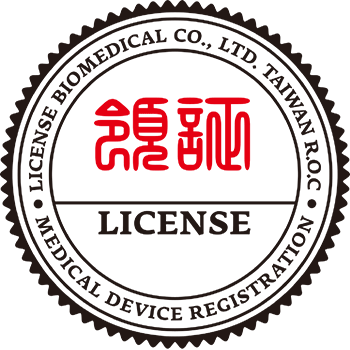In May 2021, the new law on medical device will be on the road, and the Food and Drug Administration will study 3 guidelines to loosen the pre-market application process for AI smart medical device and software.
The FDA will develop three new guidelines and principles, such as guidelines for computer-aided detection (CADe) review points and definitions of categories that do not require applications for clinical trials of no significant risk (NSR) medical device, to simplify the process of validating smart medical device products before they are marketed, and even to eliminate the need for applications if they meet certain conditions, and to create a new Smart Medical Device Project Office and establish comprehensive regulations for the management of smart medical device to guide products to market, improve review efficiency and audit energy. It is also proposed that the scope of precision medicine covers three major directions: precision testing, precision diagnosis, and precision drug use, and the TFDA has formulated relevant laws to assist the development of the industry.
- The regulations for precision testing revolve around LDTS. The regulations for precision testing revolve around LDTS, and the guidelines for precision medical molecular testing laboratories and services will be published in 2020, covering two major points: registration for quality certification and quality management consulting and guidance.Precision diagnostics, including the IVD-CDx, and the "Companion Type In Vitro Diagnostic Medical Device Technology" benchmark announced in 2020.
- For precision drug use, the FDA hopes to collect Real World Data (RWD) for drug development.
refrence: https://www.ithome.com.tw/news/142045


